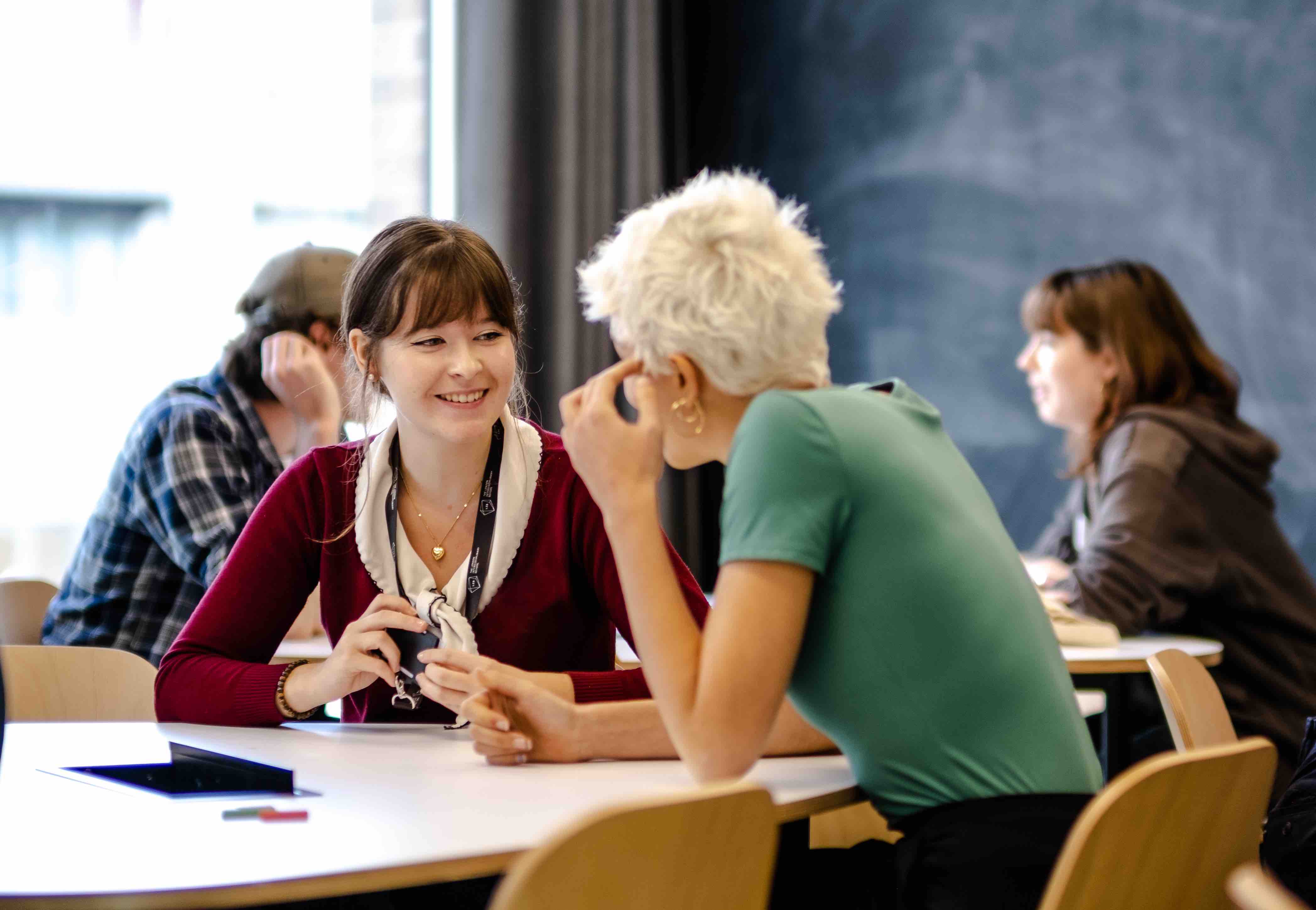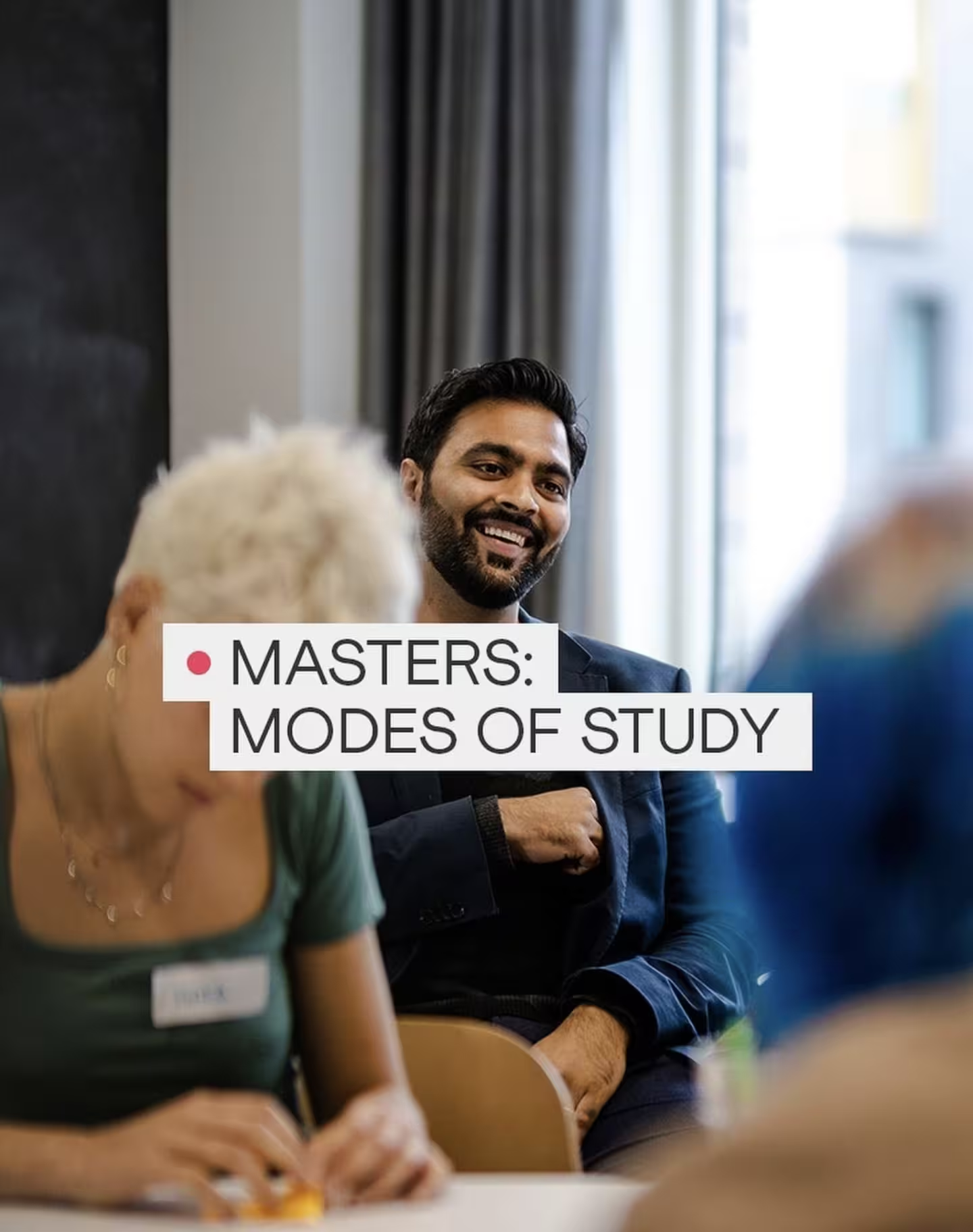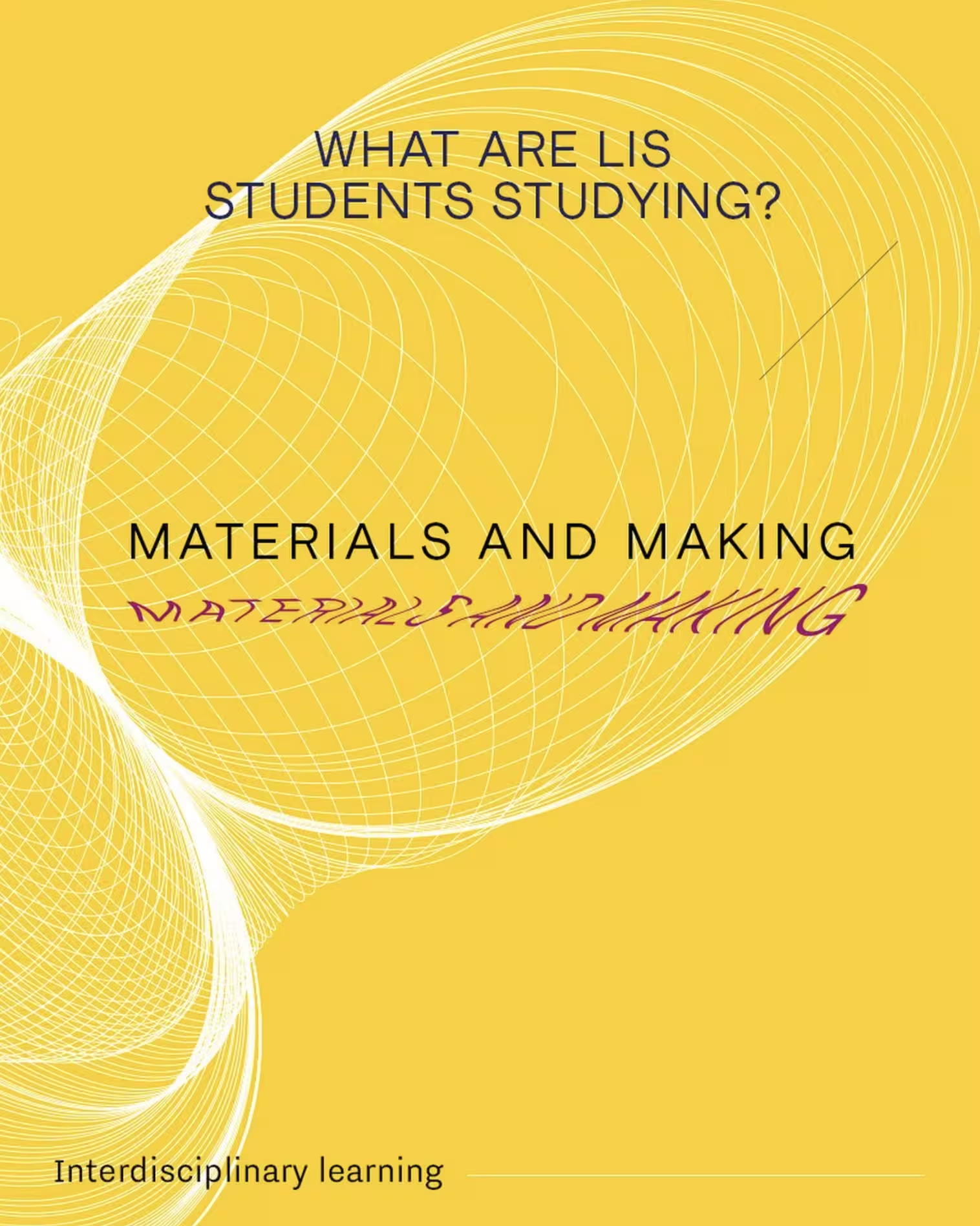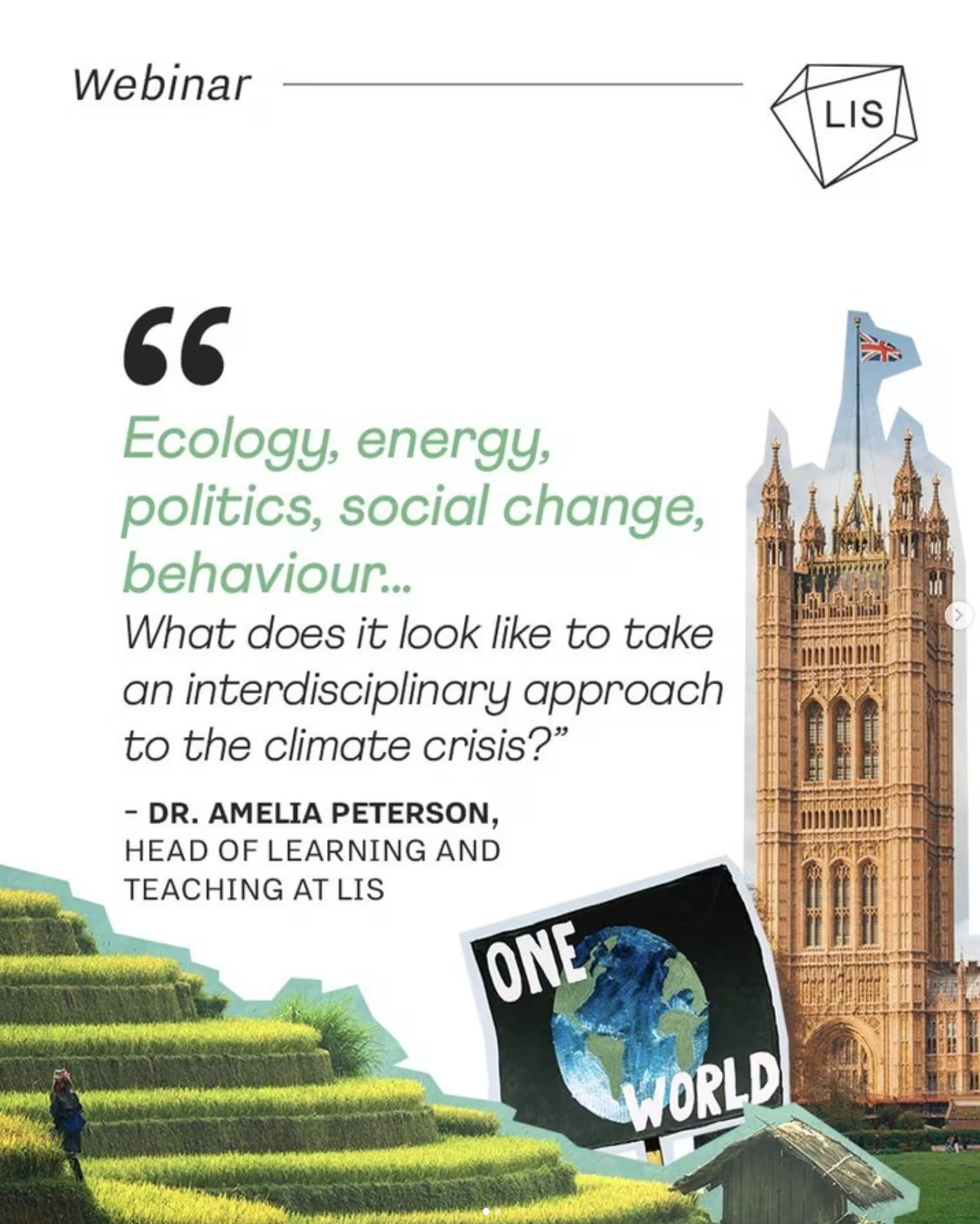Routes to Interdisciplinarity 1: Ten Superconcepts

Sir Alan Wilson FBA, FRS, is Director of Research at The London Interdisciplinary School. These blog posts are developed from his books - Knowledge power and Being interdisciplinary. The latter is free to download.
----
A superconcept is one that has usually been established in a particular discipline but turns out to have a much wider range of applications across many disciplines. When we identify these, we can add them to a tool kit of interdisciplinary thinking and practice. In my early research, I was able to transfer the idea of entropy from physics into the social sciences and building computer models of cities. The range of application of this kind of transfer has been enormously expanded and it has alerted me to look out for other examples and to place them in my tool kit for future use.
Around fifteen years ago, I began to formalise this way of thinking and it led to my book Knowledge power, published in 2010. In an annex to that book, I listed over 100 superconcepts.
Some are more useful and powerful than others, of course, and for the purposes of this introduction, I have identified from my own experience what is for me, a top ten. There is a personal bias here, of course, and this should be taken as an introduction to the idea of superconcepts with encouragement for the reader to build their own list to locate in their toolkit. My top ten are:
• systems and models, scales
• interdependence (and complexity)
• accounts
• equilibrium: entropy
• dynamics: prey-predator systems
• neural networks
• devolution
• cost-benefit analysis
• the consensus theory of truth
• requisite knowledge
They have evolved from the enabling disciplines - philosophy, mathematics and statistics, computer science; from the physical and biological ‘big system’ sciences; the social sciences; and, more broadly, from technological change. The first three are about defining a system of interest. What are the elements of the system and how are they related? For my research on cities, the starting point is the population living in, or connected, to the city; and the organisations that make up the urban economy and its public services.
For most systems, it becomes clear very quickly that there are high levels of interdependence connecting the elements, and hence complexity. Understanding this, of course, supports the mission of ‘solving complex problems’. I have always found it valuable to count: to build accounts of the elements and their activities, and this provides the foundations for analysis and model building and the deployment of entropy.
The following two concepts, are about how the system ‘works’: is it in equilibrium (or a steady state) –useful for snapshots? And how is it changing? What are the dynamics? I found the prey-predator model from ecology provided concepts that helped this latter challenge and could be transferred.
I then threw in neural networks as the basis of AI, an example of a transformative technology with applications in both science and management. From my management experience, I selected devolution for my top ten along with, as a management tool and, as an introduction to economics as a source of superconcepts, cost-benefit analysis. I ventured into philosophy for my penultimate superconcept , the consensus theory of truth – ‘truth is what we agree about’.
This may seem shocking at first, but it provides the basis for working in science on the one hand – where agreement is usually straightforward – and, on the other, working in management and politics – where agreement is often more difficult! Finally, I derive the idea of requisite knowledge by extending the notion of requisite variety in control theory. When we seek to tackle a complex problem, what do we need to know? What is the requisite knowledge? This question forces an interdisciplinary approach.
The use of these, and related superconcepts, will be further explored in subsequent posts.
Share this story
Sign up for our newsletter
Don't miss out on important updates including course information, new announcements, Open Day dates and the latest LIS news.















































.svg)

.svg)





This is a comment related to the post above. It was submitted in a form, formatted by Make, and then approved by an admin. After getting approved, it was sent to Webflow and stored in a rich text field.